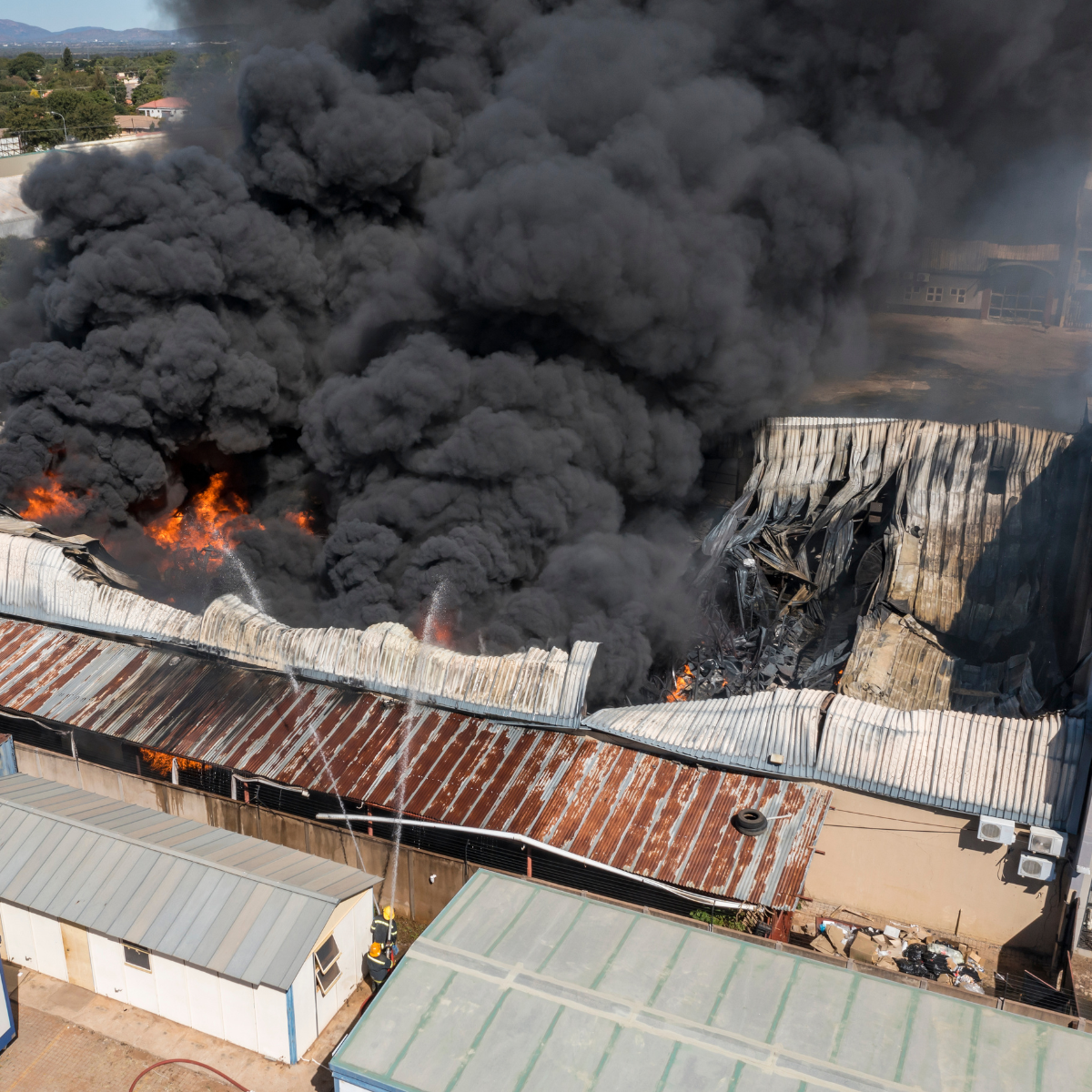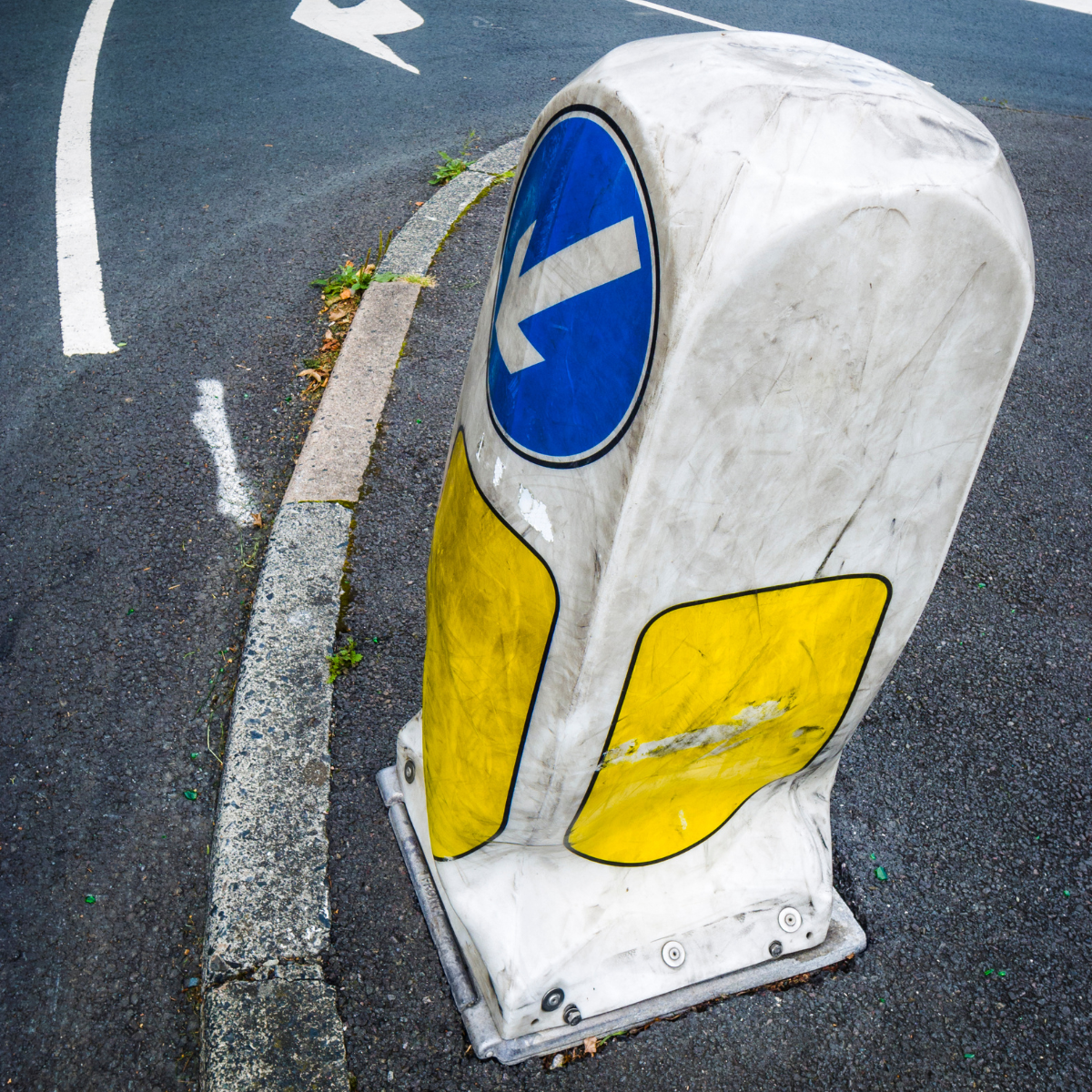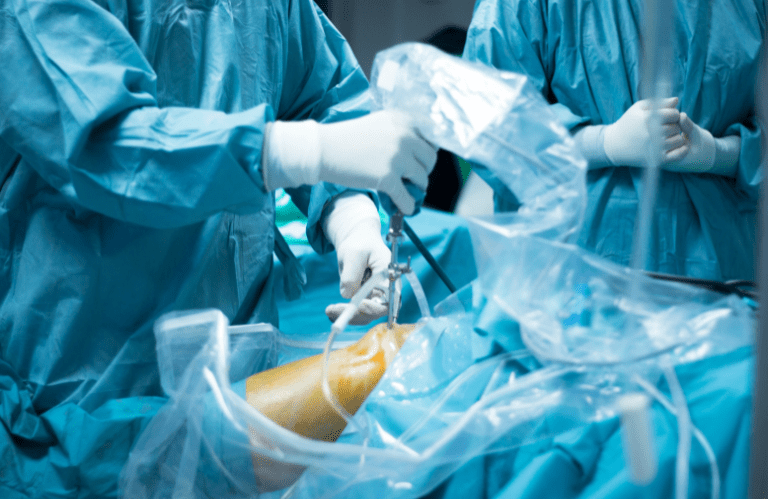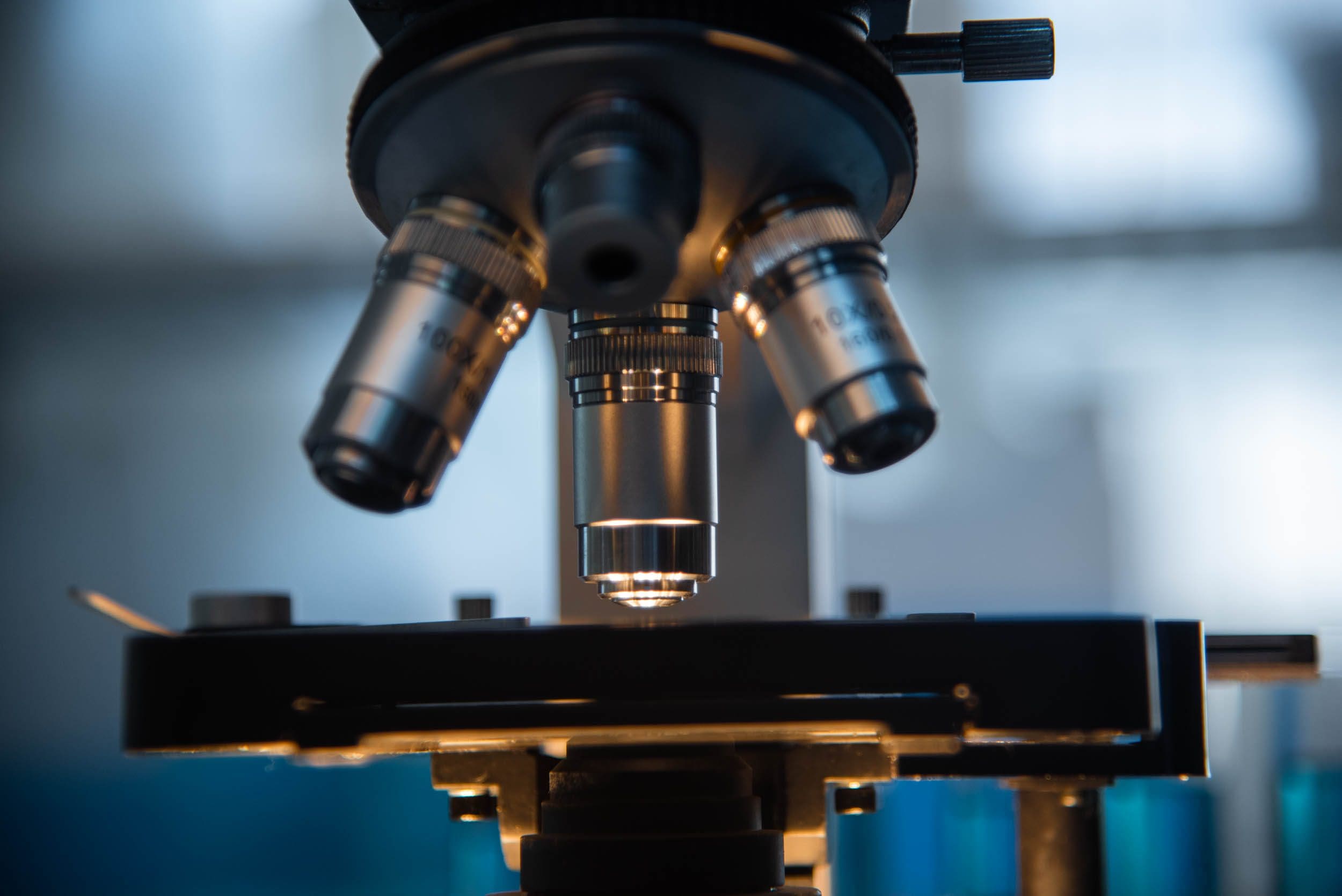Sector
Medical, Manufacturing
Location
West Midlands
Services
Failure Investigations
Metallography
Product Testing
Investigating fractured medical drill bit for orthopaedics manufacturer
Project overview
We have recently collaborated with a specialist medical supplier and manufacturing company, focusing on the development and innovation of surgical implant systems and orthopaedic technology.
Testing surgical instruments is vital for safety, efficiency, and functionality during medical procedures. It helps assess performance, durability, and prevents complications. Rigorous testing minimizes risks like infections and ensures instruments work safely. Detecting defects before patient use is crucial to maintain safe and reliable instruments. Failure during surgery can lead to complications, requiring contingency plans from surgical teams.
By combining our expertise in testing, and our customer’s knowledge of medical equipment manufacturing, we are supporting the medical devices industry to create surgical implant systems that are safe, effective, and tailored to meet the needs of patients and healthcare professionals.
The Challenge
A stainless steel, surgical drill bit suffered premature fracturing, so we were asked to investigate the nature and cause of the failure to help prevent the likelihood of a similar failure occurring again in the future.
The first part of our investigation was to establish the conditions leading up to the failure. Our customer explained that the drill bit had been used previously for surgical purposes, and that it had fractured outside of a surgical procedure.
The aim of the testing was to determine the nature and cause of the failure, verify that the instruments complied with regulatory standards, and confirm they are safe and effective for use by healthcare professionals.
The Solution
Upon receiving the stainless steel surgical drill bit for examination, we initiated a detailed analysis to determine the cause of its premature fracturing.
Our goal was to aid our customer in improving the reliability and performance of their surgical equipment while reducing the risk of unexpected failures through the implementation of these recommendations.
Our investigation on the surgical drill bit involved various tests:
- Visual inspection, Fractography/ Microscopical investigations to reveal any defects and damage to the material.
- SEM analysis for material defects at a microscopic level
- Hardness Testing in line with BS EN ISO 6507-1 2005 to assess deformation resistance.
The Results
Our investigation revealed that the drill bit failed due to tensile overload, as indicated by the wear on the fracture surface and damage to the drill edges, pointing to unfavourable operational conditions.
Upon visual inspection, surface staining and damaged edges were observed on the drill bit.
Furthermore, during the SEM/EDAX analysis, calcium deposits (bone) were found on the fractured drill bit despite thorough sterilization post-use.
All products for customers are developed, designed, and tested to meet international quality standards. Our analysis allowed the customer to review their manufacturing processes and enhance product design.
Key outcomes
Patient safety improved
by ensuring risks of instrument failure during surgery are minimised
Failure prevention
for future products by identifying areas of weakness
Improved processes
for manufacturing and product design of surgical instruments
Related services
Failure Investigations
SEM & EDX Analysis
Fracture Analysis
Product Testing
Contact us today
Related Case Studies
View All Case Studies
Bolt Failure Causes Factory Fire: Failure Analysis Identifies Root Cause
Read more.
Cleaning Agent Identified as Culprit Behind Corrosion Crisis in Food Production
Read more.
 About BES Group
About BES Group Accreditations & Credentials
Accreditations & Credentials Our Environmental, Social & Governance
Our Environmental, Social & Governance Careers at BES Group
Careers at BES Group Our Senior Leadership Team
Our Senior Leadership Team
